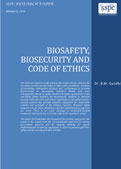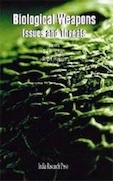Challenging the Beliefs: How Covid-19 Crisis Brings Out Frivolous Self
A few days back in a startling incident, some unknown persons placed an advertisement on a global online marketplace for the sale of the Statue of Unity located at Sardar Sarovar Dam, Gujarat. He/she quoted the price of the ‘monument’ at Rs 30,000 crore and claimed that the money would be used to meet the requirement of hospitals and buy healthcare equipment to handle the Covid-19 crisis. Obviously, this is an act of stupidity and needs to be condemned. An FIR has already been lodged for cheating and forgery case; it is illegal to put on sale a public property.







